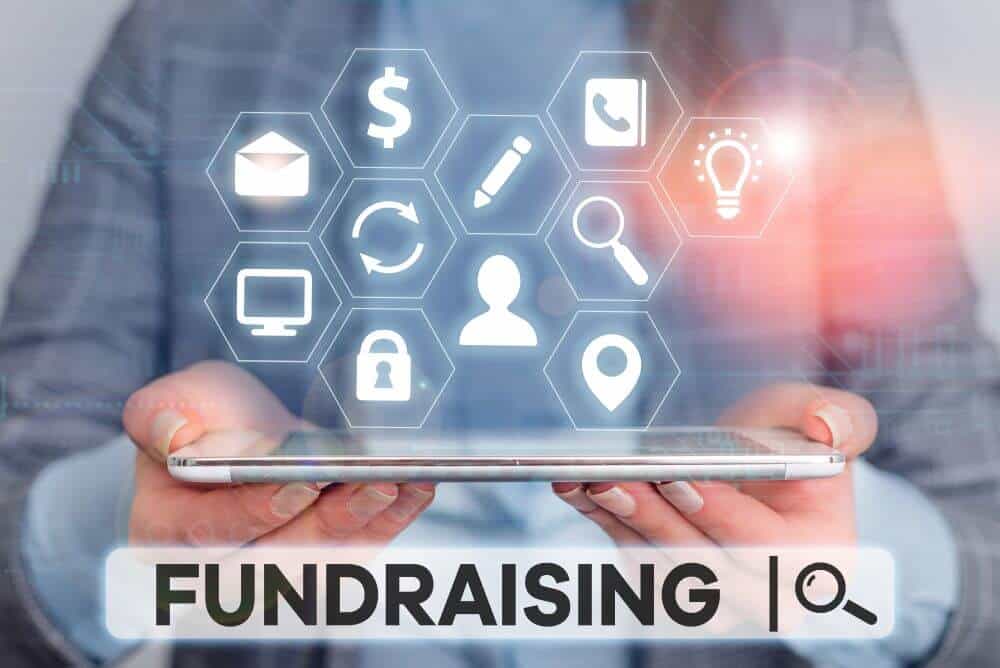July 10, 2020
Survey Reveals Weakening Nonprofit Financial Stability

The COVID-19 pandemic has significantly impacted both individuals and businesses. The various regulations designed to curb the spread of the coronavirus has impacted nonprofits in ways that were impossible to predict. Over the past few months, statewide restrictions on large gatherings combined with stay at home orders have left many cut off from essential fundraising activities. At the same time, many nonprofits have shifted away from “core” services because of the need to use digital delivery formats. This reality has left many in an uncertain position. According to the Georgia Center for Nonprofits, June COVID-19 Nonprofit Impact & 2020 Outlook, it was found that only 33.5% of large and 27% of small Georgia nonprofits have the ability to maintain financial stability under current conditions for one year. In addition, it was also discovered that 50% of organizations will reduce services over the next six months. These changes are an unfortunate reality as nonprofits work through the pandemic. To help clients, prospects, and others, Wilson Lewis has provided a summary of key survey findings below.
- Financial Stability ($500K & Up) – A top concern for many Georgia nonprofits is financial stability and the survey wanted to uncover how organizations are managing. The report found that 15% of respondents estimate their financial stability at 4 months or less, 15% estimate four to six months, 26% estimate six to twelve months, and 33.5% have the financial resources to last more than 1 year under current conditions.
- Financial Stability (Up to $250K) – Not surprisingly it was found that smaller organizations have much less stability than larger ones. The report found that 26% estimate their financial stability at four months or less, 23% estimate four to six months, 17% estimate six to twelve months and only 27% have the financial resources to last more than 1 year under current conditions.
- PPP Loans – The Paycheck Protection Program (PPP) offers nonprofit organizations the opportunity to receive low-cost loans to support payroll and fixed expenses. The survey wanted to understand if nonprofits are relying on these loans as part of their funding strategy. It was found that 94% of organizations with revenue of $500K and up were approved while only 86% of organizations with revenue up to $250K were approved.
- Service Disruptions – Organizations are being challenged to help serve the community and members with more specific COVID-19 services. The report found that 83% of organizations have stopped delivering traditional services while 68% have added new COVID-19 services. Given this change it was also found that 60% of organizations are shifting staff from traditional programs to COVID-19 related duties.
- Service Delivery Changes – While the initial COVID-19 restrictions have eased in Georgia, many are still unable to return to prior service models. As a result, services have been impacted with many turning to digital and other means to facilitate delivery. The report found 77% of respondents are currently using virtual mechanisms such as Telemed or Zoom to provide services, while 50% have plans to reduce scope or delivery locations. It was also found that 88% of respondents plan to completely restructure service delivery over the coming 6 months.
- Workforce Impact – Given all the vast amount of changes it is important to understand the corollary impact on the workforce. It was found that 50% anticipate workforce reductions over the next three months. This includes 44% expecting layoffs, 29% expecting furloughs and 48% transitioning to reduced hours per employee.
- Managing Through COVID-19 – Despite all the uncertainty and concern, it appears many organizations are confident about their ability to manage through the crisis. It was found that 84% of respondents are confident they will weather the situation, but only 35% are confident their peers will also make it the current crisis. In addition, 19% expressed a positive fundraising outlooking the next three months while 23% in the next 12 months.
- Top Non-Financial Needs – Outside of finances, the survey wanted to gain insight into what other types of support are most needed. It was found that 65% need help with fundraising strategy, 52% mental health support and stress reduction, 40% assistance adopting programs, 38% redefining strategy, 30% new technology for the workforce, and 30% new technology for clients.
Contact Us
The survey findings provide important insights into how Georgia nonprofits are being affected by COVID-19 both operationally and financially. It highlights the importance of examining short- and long-term goals to ensure the proper strategy, tactics, and tools are available to propel you through recovery. If you have questions about the information outlined above or need assistance with an accounting, tax, or audit issue, Wilson Lewis can help. For additional information call us at 770-476-1004 or click here to contact us. We look forward to speaking with you soon.

